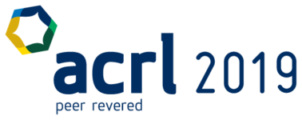Session Description:
Leadership development institutes, seminars, workshops, academies and courses have been popular within librarianship for decades. Also for decades weve faced critiques about diversity within the library profession. How has library leadership professional development attempted to raise up persons of color in the profession? Do library leadership professional development experiences perpetuate diversity issues within librarianship? Join a researcher on the topic and a panel of providers of these experiences for a lively discussion.
